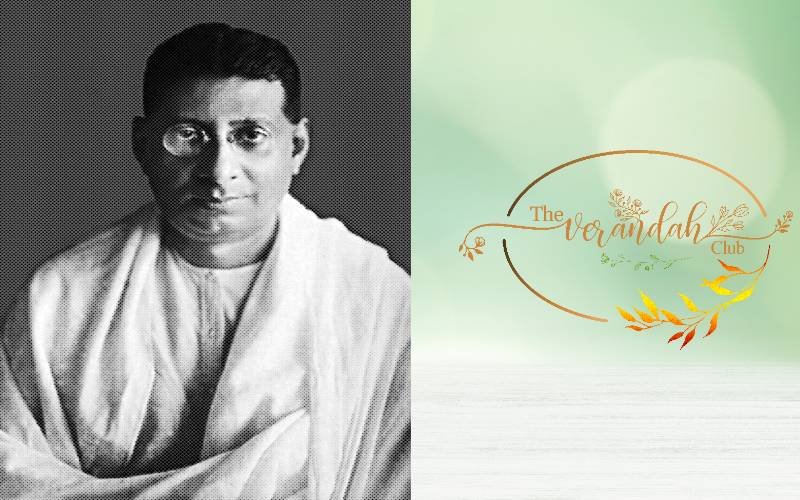
It was 1904. A bright Bengali student from Calcutta arrived in UK for pursuing a degree in law from Downing College, Cambridge. He put up as a boarder with the Gray’s. It was a decision that would go on to have a profound impact on India’s quest for independence in time to come.
The name of the boy was Jatindra Mohan Sengupta, the Scion of a Zamindar (Landlord) family of Chittagong in East Bengal (Present day Bangladesh). During his stay with the Gray’s, Jatindra got acquainted with Edith Ellen, daughter of Frederick & Edith Henrietta Gray. Romance blossomed between the young couple. Edith expressed a desire to marry Jatindra. The reveal was met with stiff resistance from her parents. But in what was possibly the first display of the courage and determination that would go onto mark Edith’s life, she put her foot down and declared she would marry Jatindra no matter what.
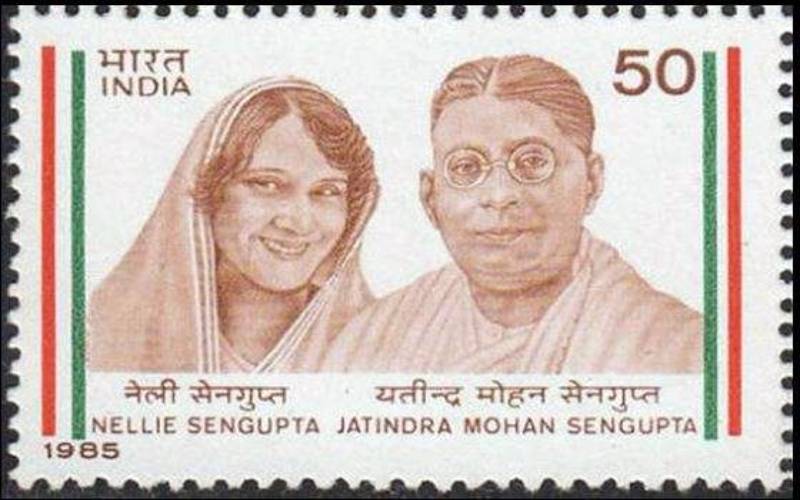
The couple got married in UK and moved back to Calcutta. Edith assumed the name of Nellie. For some years, Jatindra was engaged in a legal career while Nellie was ensconced in happy domesticity. This changed in 1911 when Jatindra represented Chittagong in the Bengal Provincial Conference in Faridpur. This marked his entry into politics. Soon thereafter, Jatindra Mohan joined the Indian National Congress and in 1921, gave up his legal career to concentrate full time on politics. He played a major role in the Non-Cooperation Movement in Bengal and in 1923 was elected to the Bengal Legislative Council.
Nellie, although an Englishwoman by birth, was strongly influenced by her husband’s nationalistic views and joined him in organizing protest rallies & meetings during the Non-Cooperation Movement. When Jatindra was jailed for leading the Assam-Bengal Railwaymen's strike, Nellie took up the cudgels on behalf of her husband. She led protest meetings against the arrest. As the district administration had banned such assemblies, Nellie was arrested. But it could not break her spirit. Upon her release, she moved from door to door, selling khadi, and passing on the message of protest.
All this while, her husband had become one of the primary faces of the nationalistic movement in Bengal. Jatindra traveled to England in 1931 to attend the Round Table Conference. There, he showed pictures of atrocities committed by the British Indian police in suppressing the Chittagong Uprising which was a major embarrassment for the Crown. Jatindra became a thorn in the flesh for the British administration and was jailed multiple times. The pathetic conditions of the prisons took a serious toll on his health. In 1933, while aged just 48, Jatindra Mohan died in imprisonment at Ranchi. Fate had struck a tragic blow on Nellie.
But if one thought that this personal tragedy would end Nellie Sengupta’s political sojourn, they were grossly mistaken. Nellie jumped into the independence movement with renewed vigor. In 1933, most of the senior Congress leaders, including President Madan Mohan Malviya were arrested and thrown behind bars. It was unclear who will lead the I. N. C. annual session in Calcutta. Nellie Sengupta was thus chosen for this honor becoming only the third woman to hold the position. She would also shine in public life, twice becoming the alderman of Calcutta Corporation, a position second only to the city’s mayor. She was also elected to the Bengal Legislative Assembly in 1940 & ‘46. During the World War II, Nellie found about the misbehavior by foreign troops especially with Indian women.
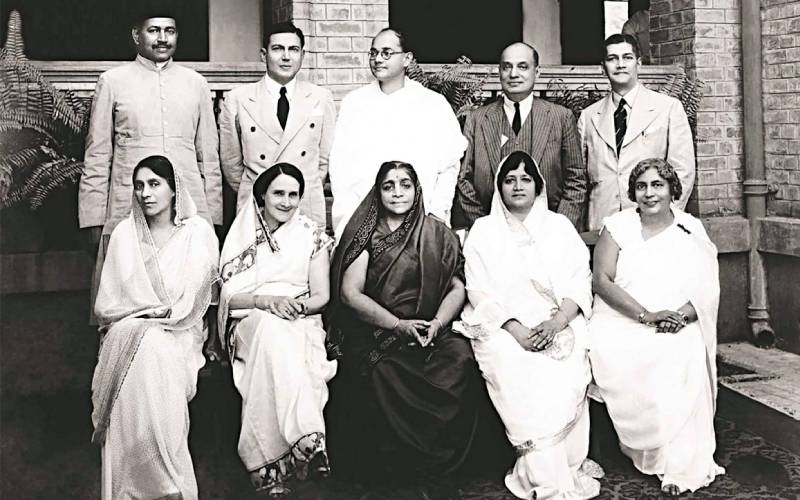
After India’s independence, the Prime Minister Jawaharlal Nehru made a personal request to Nellie to continue living in Chittagong to protect the interest of the Hindu community in what was now East Pakistan. She was elected unopposed to the East Pakistan Legislative Assembly in 1954 and was a Vocal Member of the Minority Board there. During the tumultuous 1960s, despite advancing years, Nellie Sengupta remained an ardent force in protecting minority communities in East Pakistan. After Bangladesh came into being, she was honored by Sheikh Mujibur Rahman, the first Prime Minister of the newly formed nation, and continued living in Chittagong. In 1972, when she suffered a hip fracture, she was brought to Calcutta for surgery. All expenses were borne by the Indian government. At Calcutta, she received a rousing welcome. Post her treatment, Nellie continued living in Calcutta and was awarded the Padma Vibhushan by the Government of India in 1973 in honor of both her role in the freedom struggle & in safeguarding minority communities in East Pakistan.
She breathed her last in October of the same year in Calcutta at the age of 89.
The story of India’s quest for freedom was written with the blood & sacrifice of countless individuals. Nellie Sengupta was one of them – a unique character who fought against her own countrymen, did not allow a personal tragedy to derail her commitment to the movement and even in advancing years, did not back down from taking on another oppressive regime. She and her husband both need to be remembered a lot more in modern India.
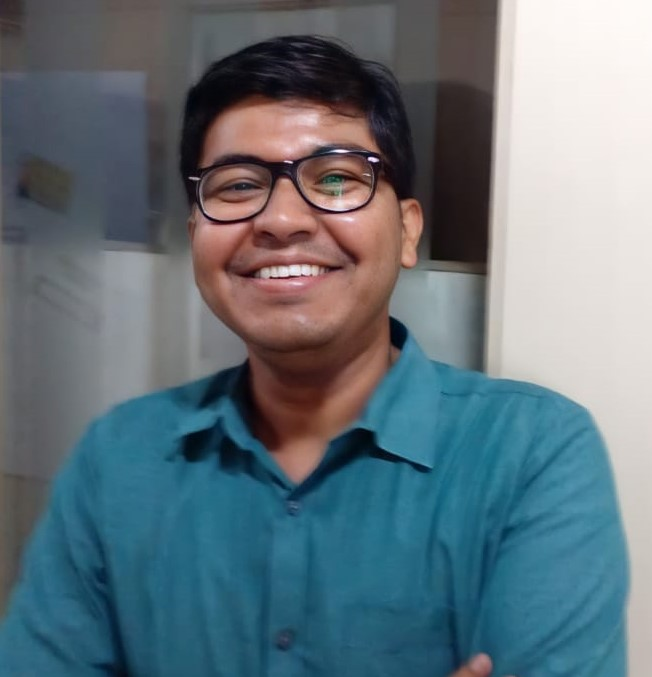
Based out of Kolkata, Trinanjan is a market researcher by profession with a keen interest in Indian history. Of particular interest to him is the history of Kolkata and the Bengal region. He loves to write about his passion on his blog and also on social media handles.
References:
https://www.thebetterindia.com/162806/nellie-sengupta-freedom-struggle-history/
NEXT ARTICLE

At the southernmost tip of this mesmerising ensemble lies the majestic Great Nicobar Island, boasting an impressive landmass of about 910 square kilom...
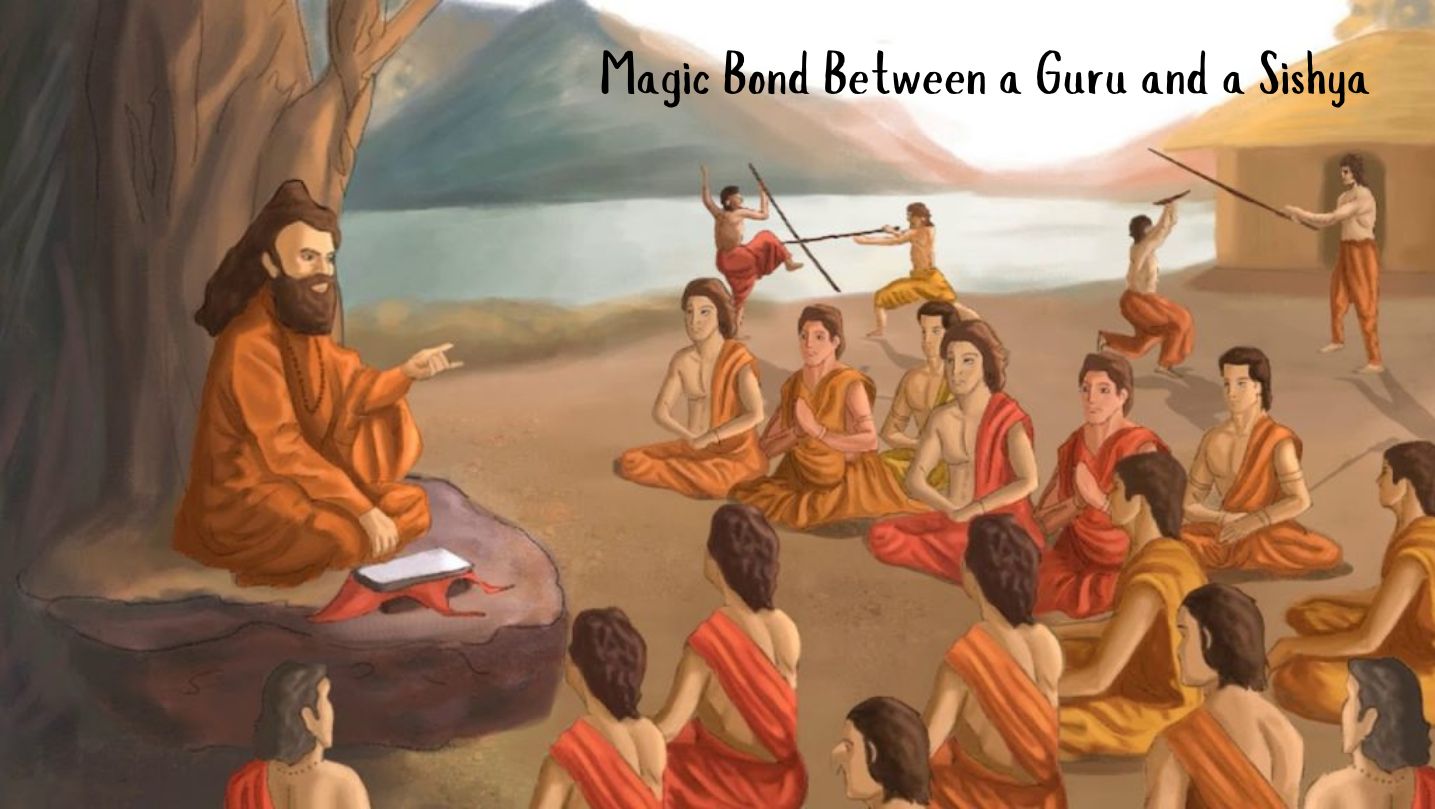
Bharath has always been a land traversed by spiritual masters/ Guru since time immemorial. These spiritual masters have always upheld the core princip...
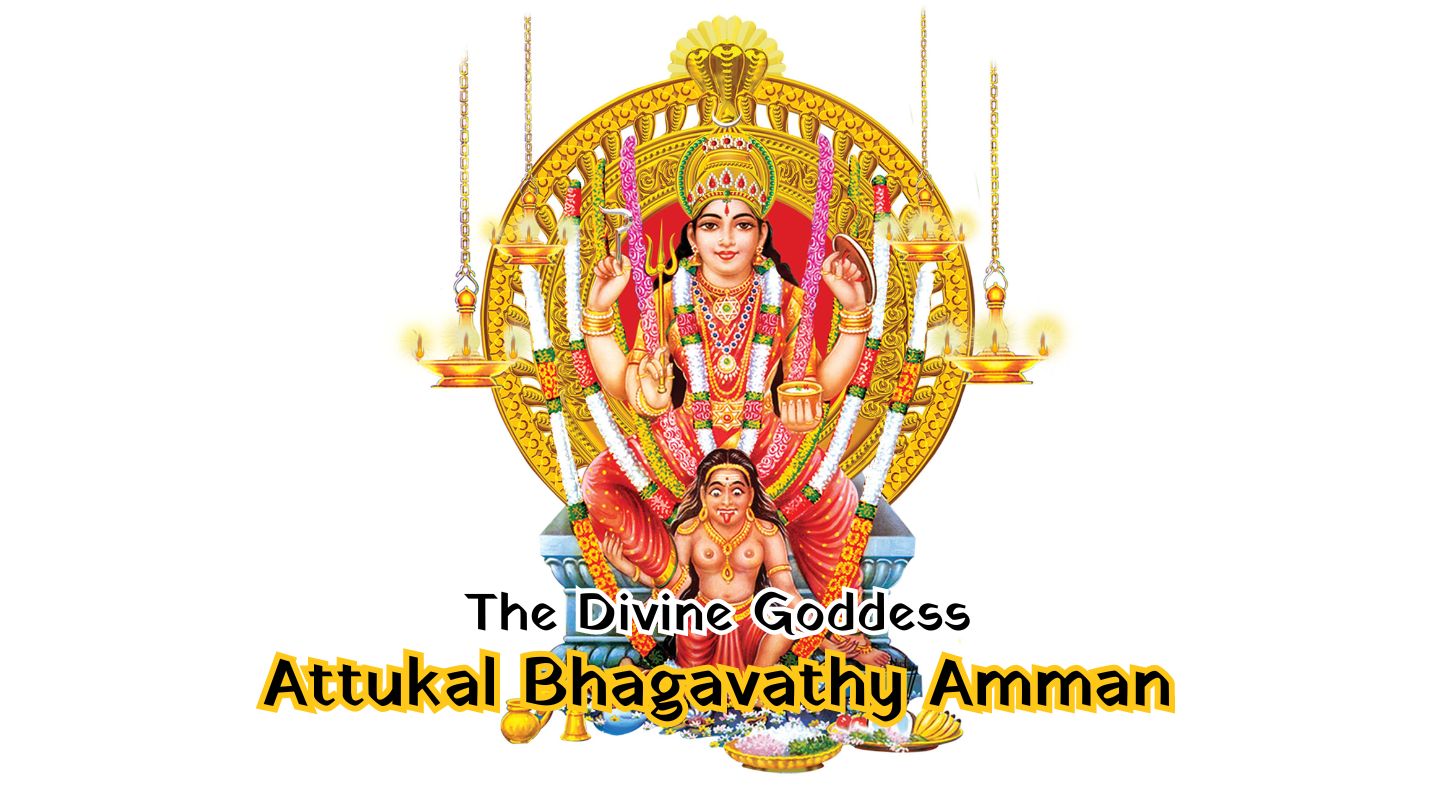
South India contains its fair share of unique pilgrimage centres. These divine places of worship have a prominent Sthala Purana, devoted followers, di...